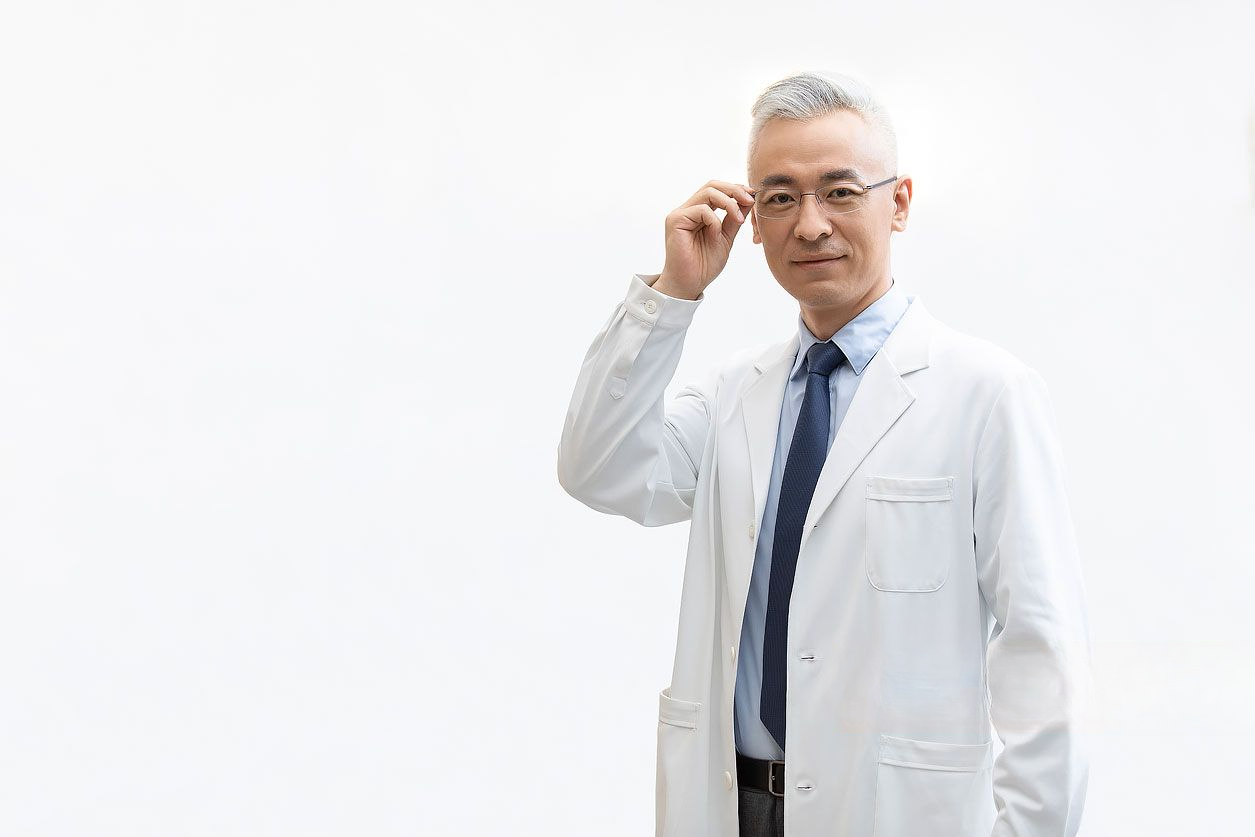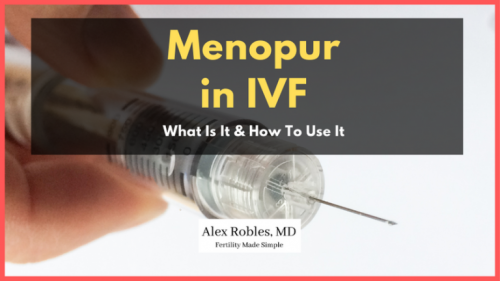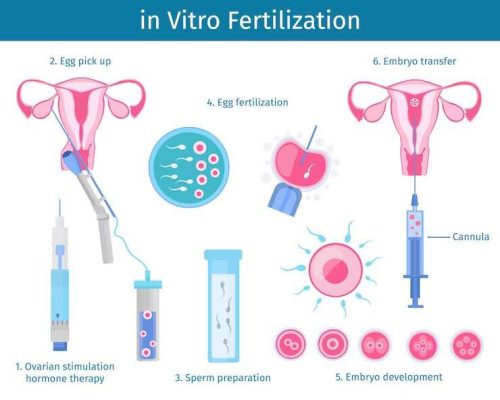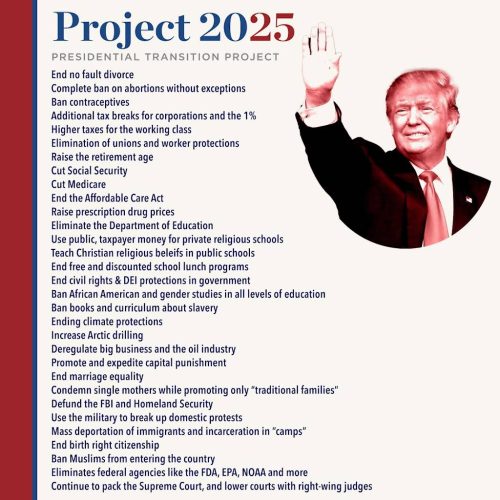Does IVF Increase Cancer Risk? A Deep Dive into the Facts, Fears, and Future
When you’re thinking about starting a family through in vitro fertilization (IVF), it’s natural to have questions—and maybe even some worries. One big concern that pops up a lot is whether IVF could increase your risk of cancer. After all, the process involves hormones, medications, and some pretty intense steps to help you conceive. Could that somehow affect your health down the road? If you’ve ever wondered about this, you’re not alone. Millions of people have turned to IVF to build their families, and with its growing popularity, the question of long-term safety keeps coming up.
In this article, we’re going to unpack everything you need to know about IVF and cancer risk. We’ll look at what science says, dig into the latest studies, and explore some angles that don’t always get the spotlight. Whether you’re considering IVF, supporting someone who is, or just curious, stick around. By the end, you’ll have a clearer picture—and maybe even feel a little more at ease.
What Is IVF, Anyway?
IVF is like a helping hand for people who are struggling to get pregnant. Doctors use medications to boost your ovaries into producing more eggs than usual. Then, they collect those eggs, mix them with sperm in a lab, and, if all goes well, transfer a healthy embryo back into the uterus. It’s a process that’s helped millions of families grow since the first IVF baby was born in 1978.
But here’s where the cancer question sneaks in: those medications—like clomiphene citrate and gonadotropins—ramp up your hormone levels, especially estrogen. And since some cancers (like breast and ovarian cancer) are sensitive to hormones, people wonder if tweaking those levels could tip the scales toward trouble. It’s a fair question, and one that researchers have been tackling for decades.
The Big Fear: Does IVF Cause Cancer?
Let’s cut to the chase: the idea that IVF might increase cancer risk isn’t new. It’s been floating around since the early days of fertility treatments. The worry makes sense on the surface—hormones play a role in certain cancers, and IVF pumps extra hormones into your system. But what does the evidence actually say? Spoiler alert: it’s not as scary as you might think.
Over the years, scientists have done tons of studies to figure this out. They’ve followed women who’ve gone through IVF, compared them to women who haven’t, and tracked cancer rates over decades. The good news? Most of the big, reliable studies show no clear link between IVF and a higher risk of cancer. But there are some nuances worth exploring, so let’s break it down by cancer type.
Breast Cancer: Hormones and Hype
Breast cancer is the one people talk about most when it comes to IVF. Why? Because it’s often tied to estrogen, and IVF involves a temporary spike in estrogen levels. Early studies sparked some concern—small sample sizes and short follow-ups hinted at a possible connection. But as research got better, the picture changed.
A massive study from the Netherlands, published in 2016, followed over 25,000 women for more than 20 years. Half had IVF, half didn’t. The result? No significant difference in breast cancer rates between the two groups. Another study in Sweden, looking at nearly 24,000 women who had IVF babies, found their breast cancer risk was actually lower than the general population’s—by about 24%. Crazy, right?
So what’s going on? Experts think women who do IVF might already be healthier in some ways—like getting regular checkups—or that having a baby (which often follows successful IVF) could lower breast cancer risk naturally. The takeaway: IVF itself doesn’t seem to push your breast cancer odds up.
Ovarian Cancer: A Closer Look
Ovarian cancer is trickier. It’s rare, which makes it harder to study, and it’s tied to things like never having kids (nulliparity), which many women doing IVF face. Early research raised red flags—some studies suggested women who used fertility drugs had a slightly higher risk. But here’s the catch: was it the IVF, or was it their infertility?
A 2021 study from the Journal of the National Cancer Institute cleared things up a bit. It tracked over 30,000 women who had ovarian stimulation for IVF and compared them to nearly 10,000 infertile women who didn’t. After 24 years, the researchers found no strong evidence that IVF itself increased ovarian cancer risk. Instead, they noticed something interesting: women who never had kids—whether they did IVF or not—had a higher risk. Giving birth, especially multiple times, seemed to lower the odds. So, IVF might even help if it leads to a baby!
Uterine Cancer: The Lesser-Known Worry
Uterine (or endometrial) cancer doesn’t get as much attention in the IVF conversation, but it’s worth a look. Like breast cancer, it’s hormone-sensitive, so the same concerns apply. A 1999 study in The Lancet found a temporary spike in uterine cancer diagnoses right after IVF, but over time, the rates evened out to match the general population. More recent research, like a 2018 review in Current Opinion in Obstetrics and Gynecology, found no solid link between IVF and uterine cancer.
What’s the deal? That early spike might just be because women doing IVF get more medical checkups, catching cancers that were already there. Long-term, though, IVF doesn’t seem to change your risk.
Why the Confusion? Untangling the Myths
If the science is so reassuring, why do people still worry? A few reasons:
- Hormone Hype: The idea that “more hormones = more cancer” is easy to latch onto, even if it’s oversimplified.
- Old Studies: Early research had flaws—small groups, short follow-ups, or no comparison to infertile women who didn’t do IVF.
- Infertility Itself: Women who need IVF often have conditions like endometriosis or PCOS, which can bump up cancer risk on their own.
Here’s a quick reality check:
✔️ IVF hormones are short-term. The spike lasts weeks, not years—unlike, say, hormone replacement therapy after menopause, which has clearer cancer links.
❌ Infertility isn’t IVF’s fault. If cancer risk is higher, it’s often tied to the reasons you’re infertile, not the treatment.
Fresh Angles: What’s Missing from the Conversation?
Most articles stop at “IVF doesn’t cause cancer” and call it a day. But there’s more to explore—stuff that doesn’t always make the headlines. Let’s dive into three areas that deserve more attention.
1. What About Multiple IVF Cycles?
One thing you don’t see talked about enough is whether doing IVF over and over changes the risk. Some women go through five, six, even ten cycles to get pregnant. Does that extra hormone exposure add up?
A 2022 meta-analysis in BJS Open looked at this exact question. They reviewed 24 studies with over 620,000 women and found no increased breast cancer risk—even for those who did six or more cycles. For ovarian cancer, the Dutch study from 2021 saw a slight uptick with four or more cycles, but it wasn’t statistically significant. Translation: the jury’s still out, but the risk doesn’t seem to skyrocket with more tries. Still, if you’re facing multiple rounds, it’s worth chatting with your doctor about your personal risk factors.
2. Kids Conceived Through IVF: Are They at Risk?
Here’s a twist: what about the babies born from IVF? Could the process affect their cancer risk? It’s not something you see in every article, but it’s a real concern for parents.
A 2019 study in JAMA Pediatrics followed over 275,000 IVF kids and found a small increase in rare cancers—like liver tumors—compared to naturally conceived kids. But the numbers were tiny: 321 cases out of millions. Another study from Denmark in 2020 pointed to a higher risk with frozen embryo transfers, especially for leukemia. Before you panic, though, the overall risk is still super low—about one extra case per 1,000 IVF babies. Researchers think it might be tied to infertility factors or lab conditions, not the hormones. More studies are underway, but for now, it’s not a dealbreaker—just something to keep an eye on.
3. Mental Health and Cancer Screening: The Hidden Link
This one’s totally under the radar: how does the stress of IVF affect your cancer risk? Infertility is tough—emotionally, physically, financially. Chronic stress can mess with your immune system, and some studies link it to higher cancer rates in general. Plus, women doing IVF often get more screenings (think mammograms or pelvic ultrasounds), which could catch cancers earlier—or make it seem like rates are higher.
No one’s done a big study on this yet, but it’s worth thinking about. If you’re going through IVF, managing stress with yoga, therapy, or even a good Netflix binge might do more than just keep you sane—it could keep you healthy.
Interactive Check-In: How Much Do You Know?
Let’s take a quick break. Test your IVF-cancer knowledge with this mini-quiz (no pressure—just for fun!):
- Does IVF increase breast cancer risk, based on the latest studies?
A) Yes, definitely
B) No, not really
C) Only if you do it 10+ times - What’s one factor that does raise ovarian cancer risk, IVF or not?
A) Eating sugar
B) Never having kids
C) Drinking coffee - Are IVF babies at higher risk for cancer?
A) Yes, a lot
B) A tiny bit, for rare types
C) Nope, same as everyone
(Answers: 1-B, 2-B, 3-B. How’d you do?)
The Science Keeps Evolving: What’s New in 2025?
Research doesn’t stand still, and 2025 has brought some fresh insights. A study from Norway, published this year, tracked women who did IVF in the 1990s and found no uptick in breast cancer rates even 30 years later. That’s huge—it’s some of the longest follow-up data we’ve got. On the flip side, a small X post trend in March 2025 sparked chatter about IVF kids and cancer, but it’s mostly anecdotal so far—no hard data backs it up yet.
Google Trends shows “IVF cancer risk” searches spiking around April every year—maybe tied to health awareness months. People want answers, and they’re digging deeper into long-term effects. That’s why staying updated matters.
Real Stories: Putting a Face to the Facts
Numbers are great, but stories hit different. Take Sarah, a 38-year-old mom from California. She did three IVF cycles to have her twins. “I was terrified about cancer,” she says. “My aunt had breast cancer, so it felt personal. But my doctor walked me through the studies, and I felt okay going for it.” Five years later, she’s cancer-free and chasing two wild toddlers.
Then there’s Mike, whose wife did IVF in 2019. “We worried about our daughter’s health more than hers,” he admits. “You read stuff online and freak out. But she’s four now, healthy as can be.” These aren’t rare cases—millions of IVF families are thriving.
Your Action Plan: What to Do If You’re Worried
Feeling unsure? Here’s a step-by-step guide to ease your mind and make smart choices:
- Talk to Your Doctor: Share your family history and any cancer worries. They can tailor advice to you.
- Know Your Baseline: Infertility itself might nudge your risk up—ask how IVF fits into that.
- Stay on Top of Screenings: IVF or not, regular checkups (mammograms, pelvic exams) catch problems early.
- Live Healthy: Eat well, exercise, and manage stress—simple stuff that lowers cancer risk overall.
- Ask About Cycles: If you’re doing multiple rounds, discuss if that changes anything for you.
Here’s a handy checklist to keep you grounded:
✔️ Get a second opinion if you’re unsure.
✔️ Track your hormone levels during IVF (your clinic should do this).
❌ Don’t skip follow-ups after treatment.
❌ Don’t believe every horror story online—stick to legit sources.
Poll Time: What’s on Your Mind?
We’re curious—what’s your biggest IVF concern? Vote below and see what others think:
- A) Cancer risk for me
- B) Cancer risk for my future kid
- C) Cost or side effects
- D) I’m not worried—just want the facts
(Comment your pick below—we’ll tally it up!)
Digging Deeper: A Simple Risk Breakdown
Let’s put this in perspective with a quick table. Here’s how IVF stacks up against other cancer risk factors:
| Factor | Breast Cancer Risk | Ovarian Cancer Risk | Uterine Cancer Risk |
|---|---|---|---|
| IVF | No clear increase | No clear increase | No clear increase |
| Never having kids | Up 20-30% | Up 50%+ | Up slightly |
| Family history | Up 2x or more | Up 3x or more | Up 2x or more |
| Obesity | Up 20-40% | Up slightly | Up 2-3x |
| Hormone therapy (long-term) | Up 20-50% | No clear link | Up 2-4x |
See? IVF barely moves the needle compared to stuff you can’t control (like genes) or can (like weight).
A Little Math: What’s Your Real Risk?
Here’s a fun exercise: let’s estimate your breast cancer risk with some basic numbers. In the U.S., about 1 in 8 women (12.5%) get breast cancer in their lifetime. If you’re 35, infertile, and considering IVF:
- Base risk: 12.5%
- Infertility (no kids): Add ~2-3% (say 15%)
- IVF: No change, still ~15%
Now, if you have a baby via IVF, that might drop to 13-14% because pregnancy can lower risk. It’s not exact, but it shows IVF isn’t the game-changer people fear. (Check with your doc for a real number!)
The Bottom Line: Should You Be Scared?
After all this, here’s the scoop: IVF doesn’t seem to increase your cancer risk in any big way. Breast, ovarian, uterine—the data’s pretty consistent. If there’s a bump, it’s tiny, and often tied to infertility itself, not the treatment. For kids, there’s a slight question mark, but it’s not enough to lose sleep over.
What matters most? Your personal story—your health, your family history, your choices. IVF’s been around for over 40 years, and millions of people are living proof it’s safe. So if you’re weighing it, focus on the joy it could bring, not the fear it might not deserve.
One Last Thought: You’re Not Alone
Deciding on IVF is huge. It’s okay to feel nervous or dig for answers. Chat with your doctor, lean on friends who’ve been there, or even join an online community. You’ve got this—and the science has your back.
What do you think? Have you or someone you know done IVF? Drop a comment—I’d love to hear your take!




